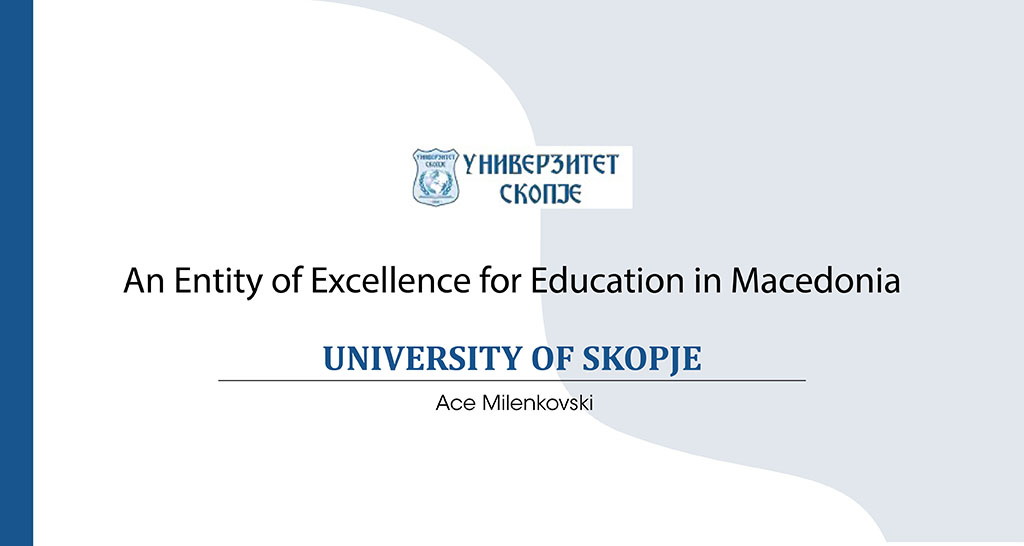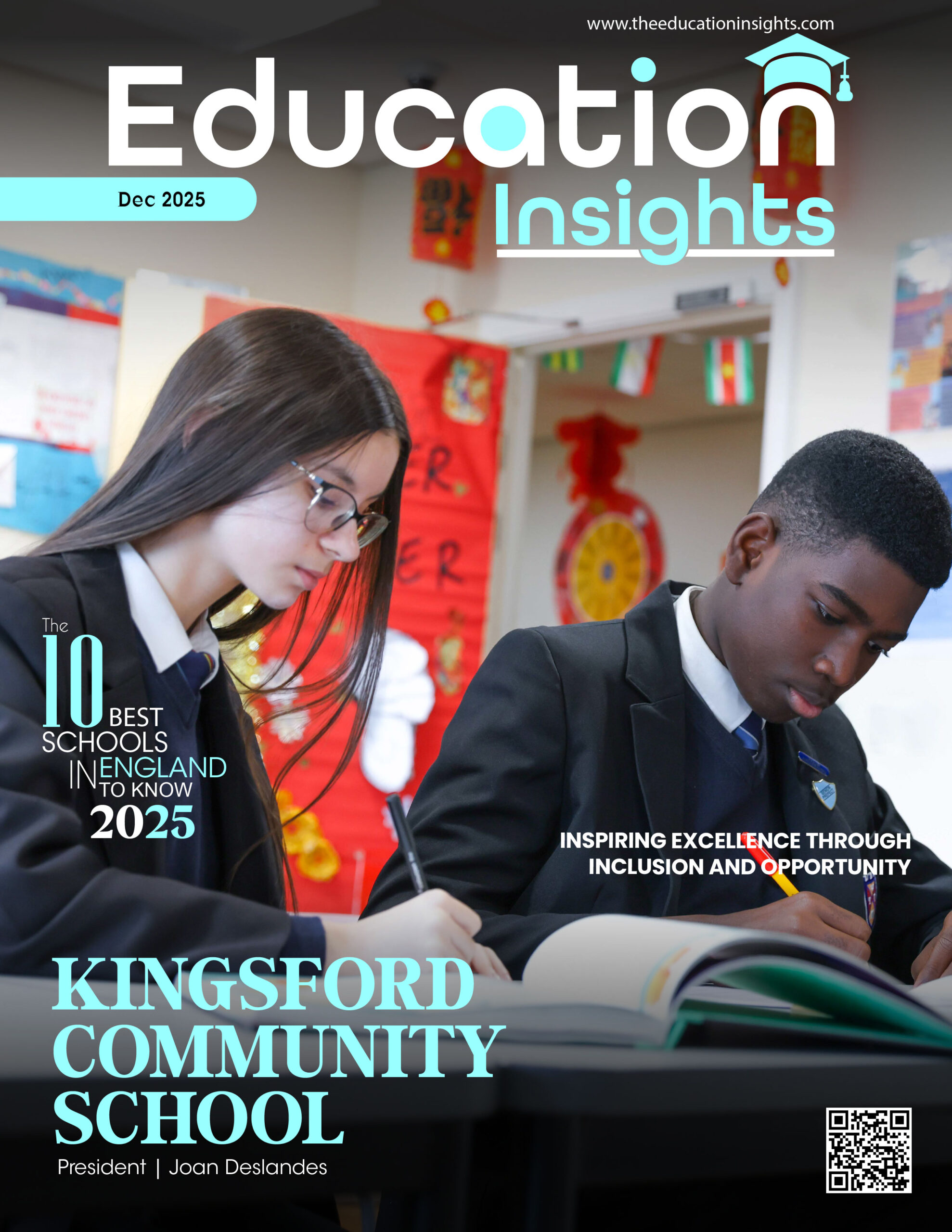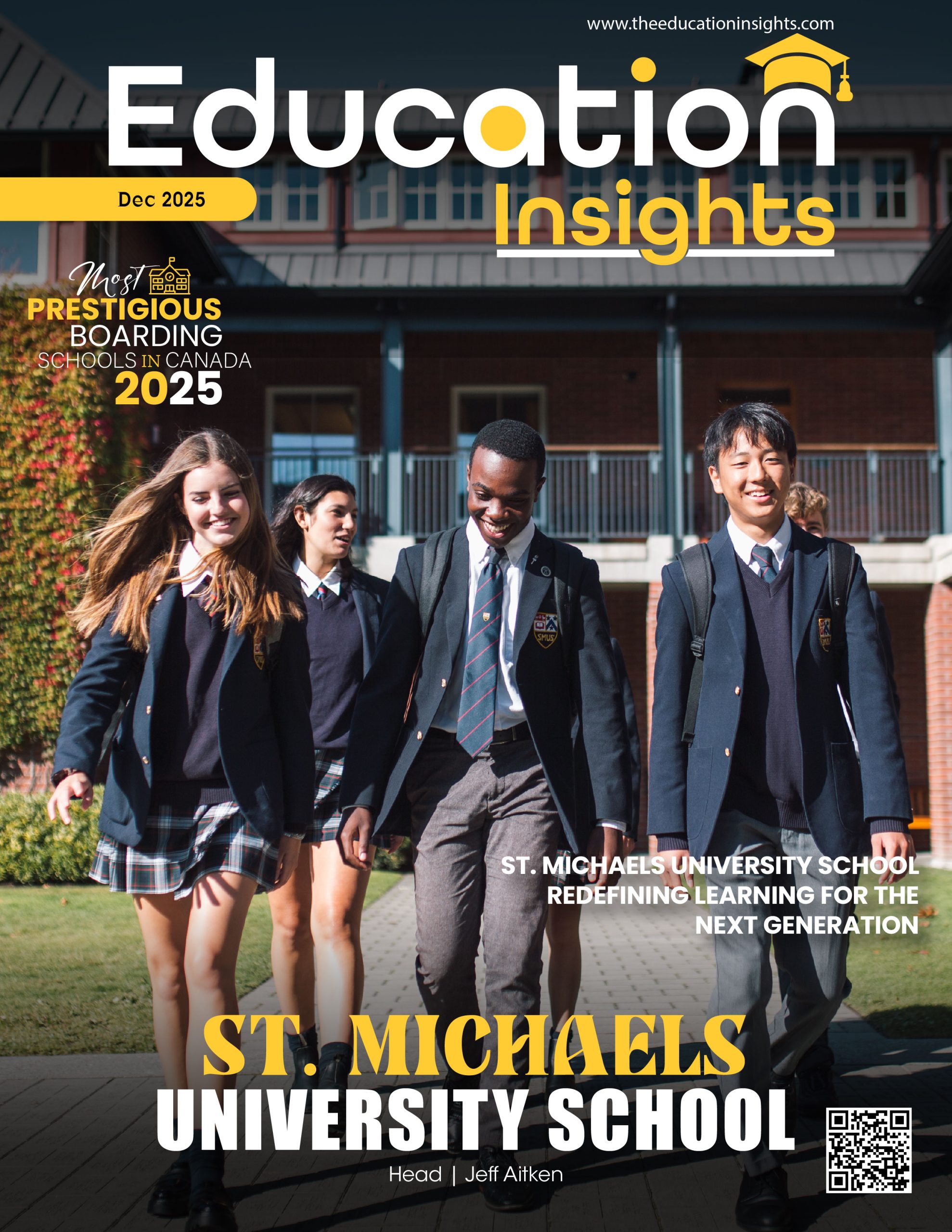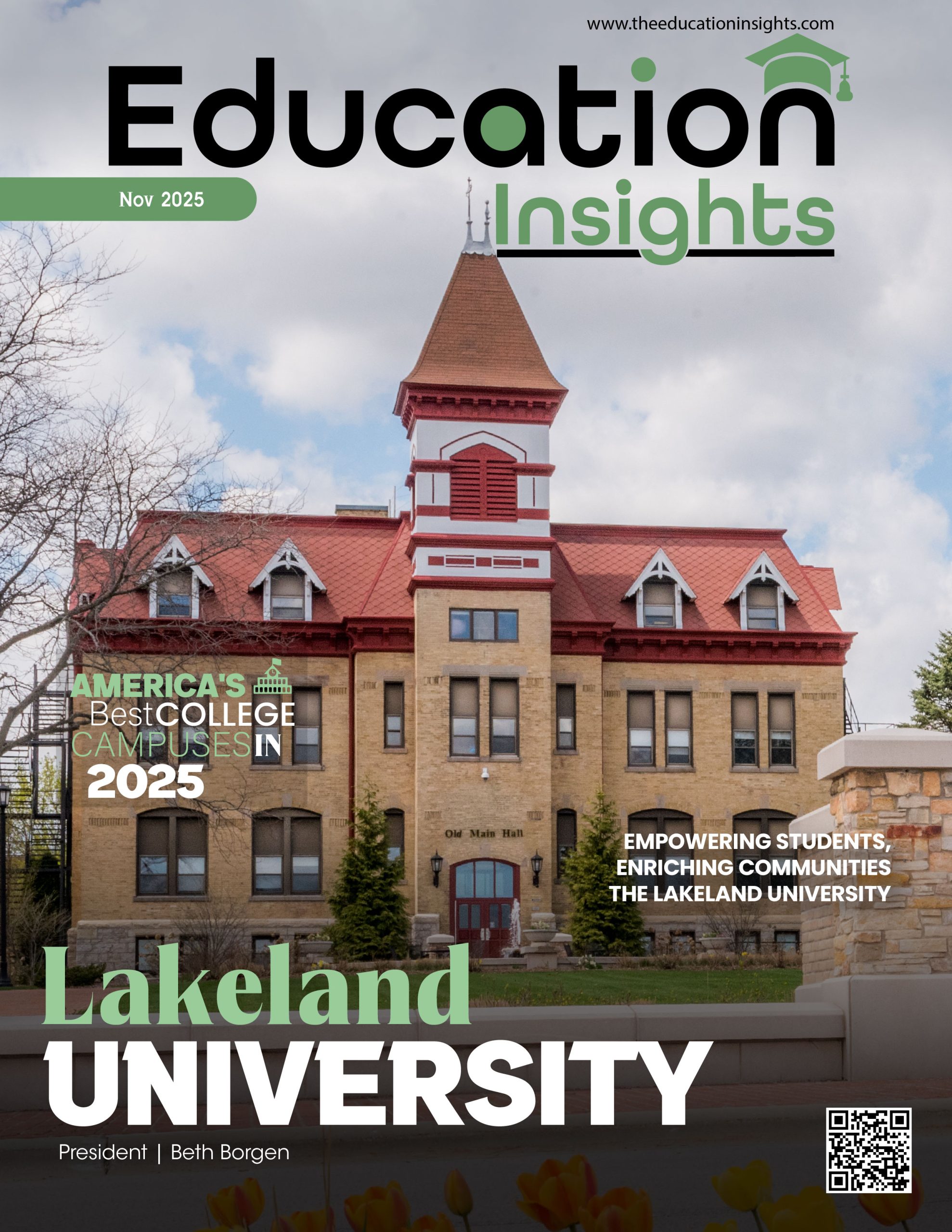In this issue of Education Insights Magazine, we are honoured to welcome our global readership with the marvellous story of the prestigious University of Skopje. Established in 2006, the University of Skopje has been at the vanguard of fostering academic excellence and student achievement in Macedonia. As an affiliate member of the United Nations World Tourism Organization (UNWTO), the institution strives to foster regional and global collaboration with relevant academic institutions and organizations in the scientific disciplines studied at this university.
The Genesis of the University of Skopje
The University of Skopje is well-recognized as an eminent institution distinguished by its unique study methodology, excellent learning environment, passion for innovation, and willingness to take on new challenges in its mission to educate.
The University came into existence to follow the achievements of international universities. At the outset, the founding team selected the University of Rijeka, particularly the Opatija Faculty of Management in Tourism and Hospitality, as an example of a university with European and world standards to work with.
Next, the team started implementing a methodology that guarantees quality in teaching and offers practical engagements to students as a fundamental building block for high-quality education. This enables professionals to take on career-related challenges on any continent of the globe.
Over the years, the University of Skopje has effectively educated and empowered students, earning recognition and accolades such as the Macedonian Quality Award from the Union of Chambers of Commerce of the Republic of Macedonia, presented by Ph.D. Gjorge Ivanov, the president of Macedonia. The university’s commitment to environmental responsibility and sustainable development has also earned it a place among the world’s top institutions. These honours are a testament to the university’s exceptional quality and steadfast dedication.
Creating Highly Skilled and Qualified Professionals
Change plays a crucial role in progress. The University of Skopje initially began its journey with just one faculty, the Faculty of Tourism. The main goal was to establish a small yet exceptional faculty of tourism that would revolutionize working methods and cultivate a highly skilled workforce in the tourism industry.
The first group of graduating tourist managers adopted a unique approach to work. Their motto was “Travel and learn.” Throughout the academic year, students embarked on journeys to various destinations, blending theory with practical experiences. They explored Europe and beyond, discovering captivating tourist spots, luxurious amenities, and seasoned tour managers. Today, these students excel as managers in tourism organizations, proficient guides, escorts, and more, not only in their home country but also in numerous developed tourism destinations worldwide.
Over the course of three years, the Faculty of Tourism expanded into a university comprising five faculties, witnessing a surge in student enrolment. Additionally, modern work methodologies were introduced across all faculties, accompanied by software integration to enhance the quality of teaching. While digitalization is a current topic of discussion, the University of Skopje embraced it early on, enabling students to engage in remote learning.
Remarkable Initiatives and Programs – Fostering Creativity, Research Spirit, and Learning
The University of Skopje has several projects that have proven particularly successful in fostering creativity, the spirit of inquiry, and the acquisition of new knowledge and skills in students. TEDQUAL is a voluntary accreditation that establishes minimal quality requirements for tourist education to facilitate the ongoing improvement of the travel industry’s education, training, and research programs.
To that end, the system takes into account five areas of analysis that evaluate the internal and external aspects of the program: curriculum coherence, pedagogical support infrastructure, policies, tools, and procedures to support administrative management, transparent faculty selection procedures, favourable conditions for their professional development, and the study program’s relevance to the demands of the tourism industry are all important considerations.
Emerging Trends and Advancements in Business Education
The University of Skopje works with the business community to foresee opportunities and difficulties and provides students with a wide range of professional development services and options. To that end, the university has created advisory boards in which the most successful professionals in their field and the academic staff work on exchanging knowledge and experience, focusing on the primary goal, which includes creating and improving educational programs. In this way, they shape students’ professional capacities according to the economy’s current needs.
Educating with a Perfect Balance of Theoretical Knowledge and Practical Experience
The institution organizes a large number of forums, conferences, and Biennale Congress “Icon Best” at which experts come from national as well as international institutions. Last year, the Spear Mayors Forum was held. Numerous municipal mayors, prominent experts, and mayors from cities throughout Europe and the rest of the world attended this esteemed event.
Nurturing Entrepreneurship and Innovation Within the Organization
The University of Skopje Alumni Club is an extension of the academic and professional positioning of graduate students. Its function is to encourage networking and maintain and intensify cooperation. Members of the Alumni Club engage in official business events, social gatherings that highlight business relationships, and meetings. The University of Skopje alumni club is a continuum in multiple social directions and a basis for the generational transmission of experiences.
Glimpses of the Future Outlook
Since its inception, the University of Skopje has strived to follow and apply modern higher education trends. It will continue to do so in the years ahead. The institution has envisioned changing working conditions in a narrower environment for the good of all.
The team is further focused on increasing the internationalization and attractiveness of their study programs in a global context. They are investing in greater recognition of the institution internationally to attract as many students and teaching-scientific staff as possible. This will eventually ensure greater recognition of the nation as an alluring educational destination that can provide absolute educational quality.










